Picking up pieces in a pandemic
Isolated, bored, frustrated and anxious; Covid-19 compounds mental health issues in Ipswich youth.

Contained at borders, contained at home
In the span of weeks, an unknown virus of unknown origins spread rapidly across the globe. The world locked down as the death tolls rose.
As Australia closed its borders and isolated its citizens from one another, the health impact of Covid-19, largely avoided by most of the population, took a back seat. Financial stress and uncertainty for the future became overwhelming for many. Feelings of helplessness and isolation were especially felt by the youth.
In Ipswich, a regional city in South-East Queensland, an already disadvantaged youth are bearing the brunt of the pandemic with psychology services stretched.
Belinda Suess is a Youth and Family Case Worker with Base Support services.
She said before the pandemic there was already a shortage of services to help youth experiencing disadvantage, but the needs have become more pronounced - most notably in unemployment and homelessness.
"Young people want to be able to have a house and get a job, you know, they want those things, there's just so many barriers to achieving that," she said.
"At 16 you can’t really rent a house and then you’ve got traineeships and apprenticeships and things like that, but you need a licence and a car to get there first."
Ms Suess said the current model of youth support services requires young people to come to a centre or a professional for assistance.
"We need to provide more outreach models where we go to them, rather than them having to come to us," she said.
"It is not just about giving them some medication and seeing a psychiatrist and meeting with someone once a month. It’s not enough, so I think we need to increase services, we need to change the way we do that by making it more accessible, providing that outreach support using trauma informed practice when we're working with young people."

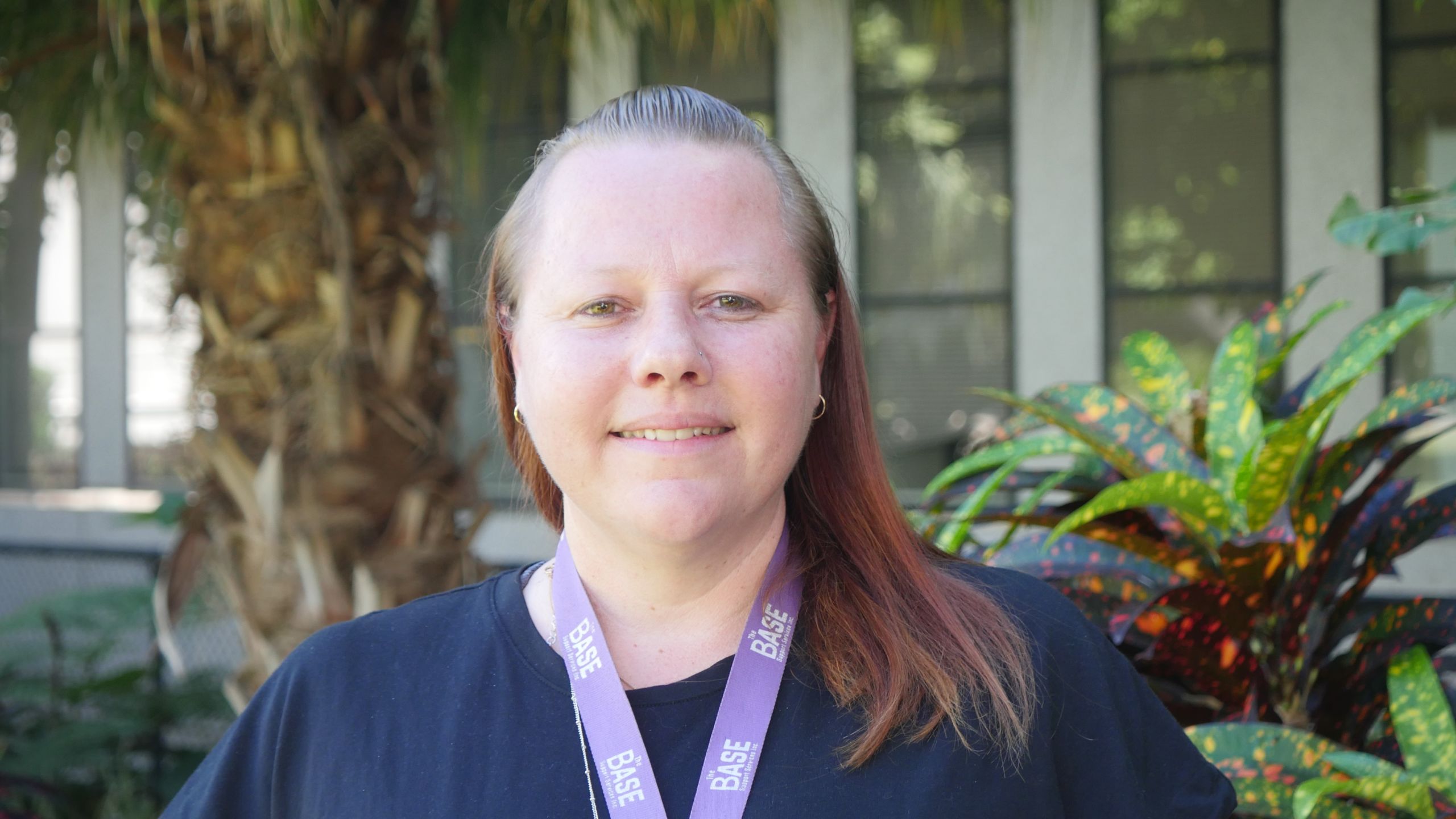
37.8% of Ipswich's population is under the age of 25

Often the first port of call for anyone going through mental health struggles is their local general practitioner and then a psychologist.
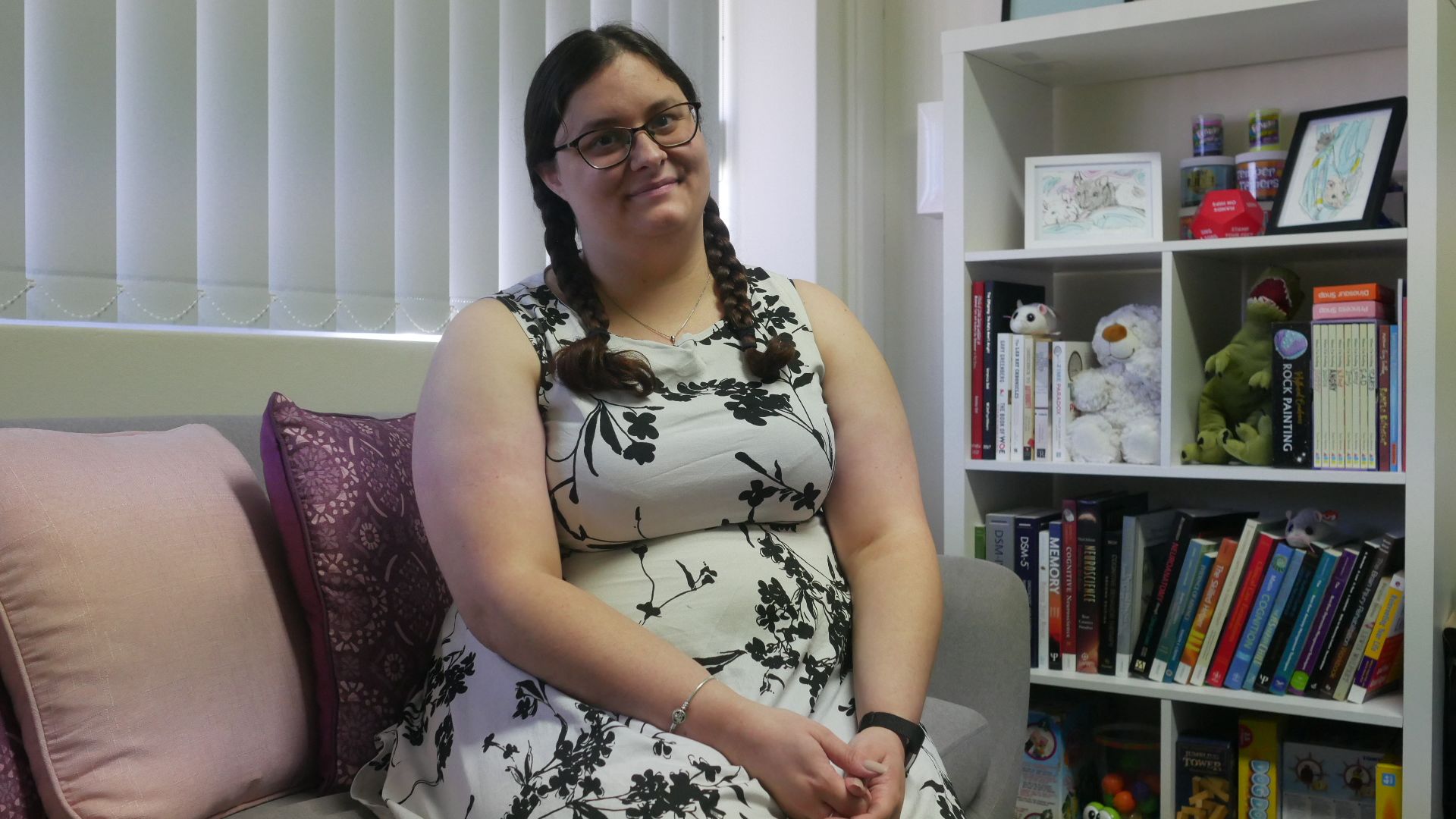
But since the COVID-19 pandemic started, psychologists are reporting extended wait times for services.
Veronica Bell, a Clinical Neuropsychology Registrar at Engage Psychology Ipswich, said it isn't uncommon to hear about wait times of six months or more.
“All of the psychologists here are at capacity. Our waitlist is eight weeks, and that’s actually a really short waitlist at the moment," she said.
Ms Bell said there had been a 9.2 per cent increase in demand for psychology services in Ipswich in the past 12 months.
Ms Bell said that in addition to extended wait times, there can also be a financial barrier to access psychology services when government sponsored places run out.
This year the government extended Medicare-supported psychology places from 10 to 20 places, but many psychologists say while this is welcome it means that fewer new clients can get in to see psychologists.

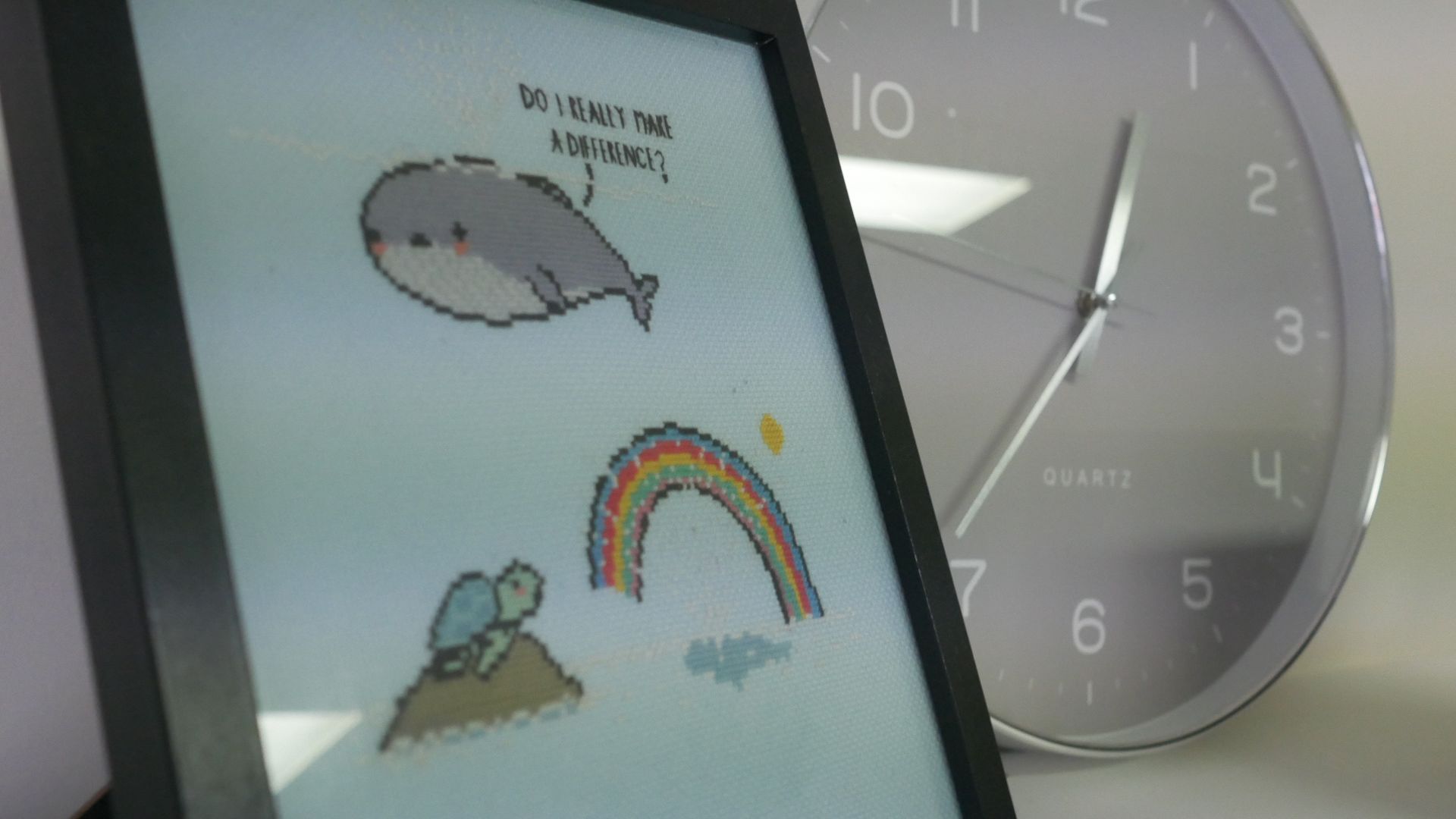
Queensland's youth unemployment rate rose to 15 per cent during the pandemic

In the Greater Ipswich region, youth unemployment rose to 18.6%

Clinical psychologist and lecturer from the University of Southern Queensland, Dr Govind Krishnamoorthy said while there are a variety of services available to young people, accessibility is a huge issue.
“[According to] surveys with young people, up to 70 per cent of young people will say that something like COVID-19 has caused them more distress, and has affected their life significantly. Even though they might not have serious mental health concerns, there are still emotional difficulties that are affecting their life and affecting lots of young people."
Dr Krishnamoorthy said that in order to improve the mental health of the youth long term a 'continuum of care' was needed and a way to reach young people.
"We need lots of different types of services to help different types of people with different difficulties," he said.
He said online resources needed to be better developed to help young people seek mental health help.
"One of the things we know is that the first place they go to is not to their parents and it certainly not to people like me," he said.
"It is actually the internet, so what we want to really do really well is provide high quality, accessible information for young people to use internet-based resources."
He said that despite the high prevalence of mental health issues in the community, there was a stigma surrounding it which could often act as a barrier to seeking help.
"When we say mental health, it's got 'mental' in it, and there's a lot of use colloquially and there's a lot of stigma even though it is 2021," he said.
"For a lot of people it feels like some sort of failure on their part, some weakness or failure, and we see that in families as well.”
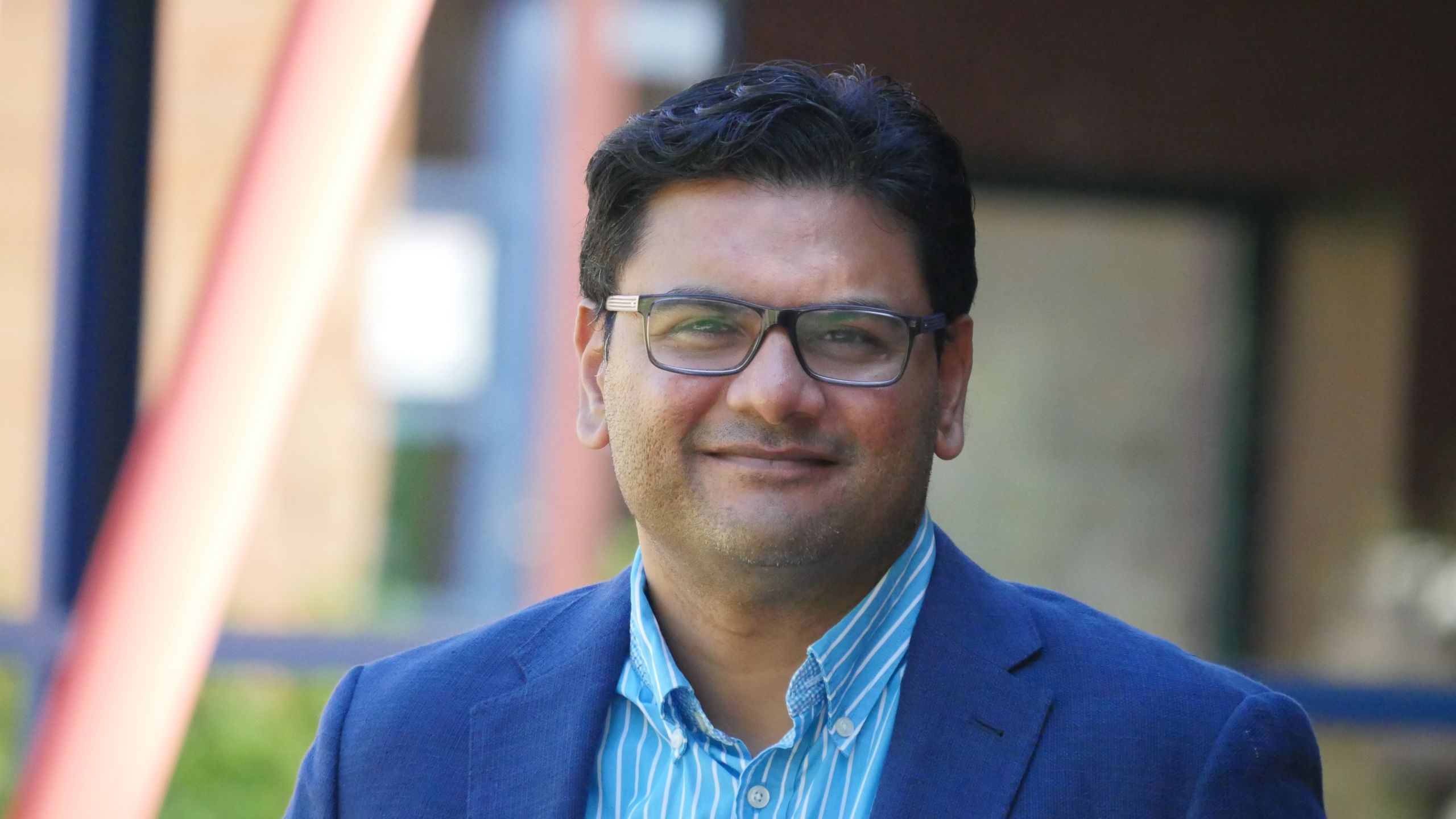
One in three Australian young people reported high or very high levels of distress - 34% - compared to 32% in 2018.

Rates of high/very high psychological distress have risen among 15 to 17 year old young men, but remain stable among other groups.
headspace, National Youth Mental Health Survey, 2020

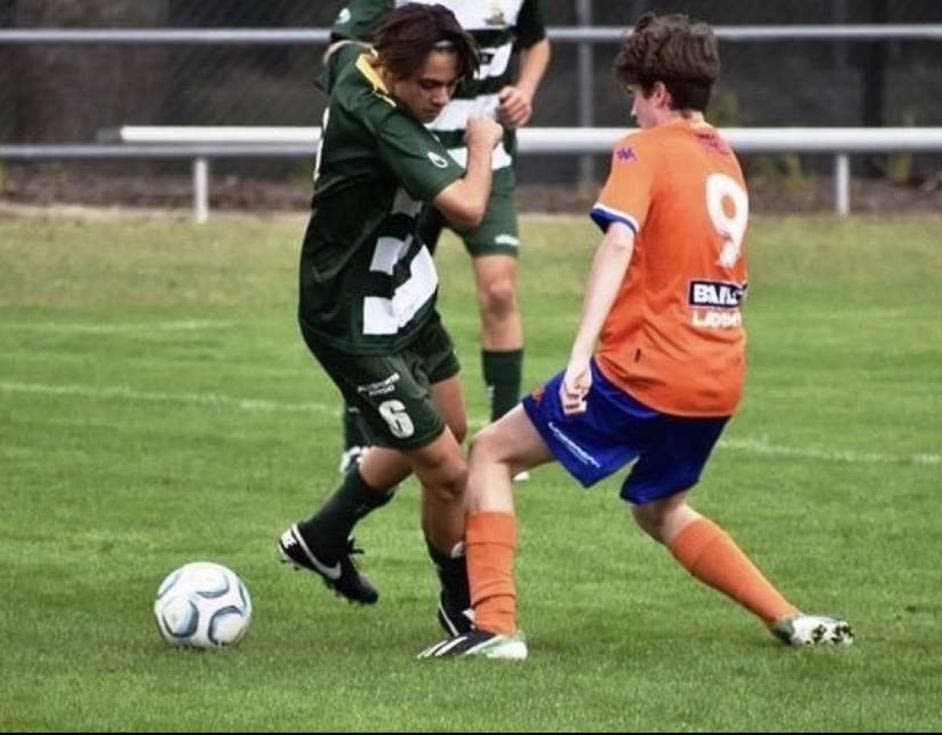
“I play soccer because it’s my outlet, my kind of release and way to forget about the stresses of being a teenager... When I wasn’t able to play it really took a toll on my mental health, I felt like I had nothing and no purpose, and everything was getting bottled up in my mind. I couldn’t imagine how it must feel for the people who don’t have these privileges.”
“As someone who graduated from high school not too long ago, it's definitely really, really prominent in schools. And I don't think that there is anywhere near enough support for it. I don't think (the services) are spoken about enough. I don't think that people are as aware of what actually is available to them.”
In recent years the Ipswich City Council has increased its engagement with the youth, particularly through the Ipswich Youth Advisory Council.
The Ipswich Youth Advisory Council's role is to work with elected officials to make sure the city's growing youth population is considered when it comes to council decisions.
Ipswich City Councillor, Andrew Fechner, was a member of IYAC as a student and is now the youngest ever member of the council.
He said that improving the mental health of the youth in Ipswich would require 'empowering' young people.
It's more about working together with the community to solve these problems, which I think is...you're not walking up to someone saying ‘you've got a problem, here’s the solution for it'.
He said while many people think Council's role is limited to roads, rates and rubbish, he said the Council has community development teams to try and connect people into service.
"Would I describe the youth in Ipswich as vulnerable? No, I wouldn't. I would say, there are hard to reach people who are vulnerable," he said.
"As a whole we do care about each other and there is a real sense of community, but in those disconnected communities there's lots to be done."
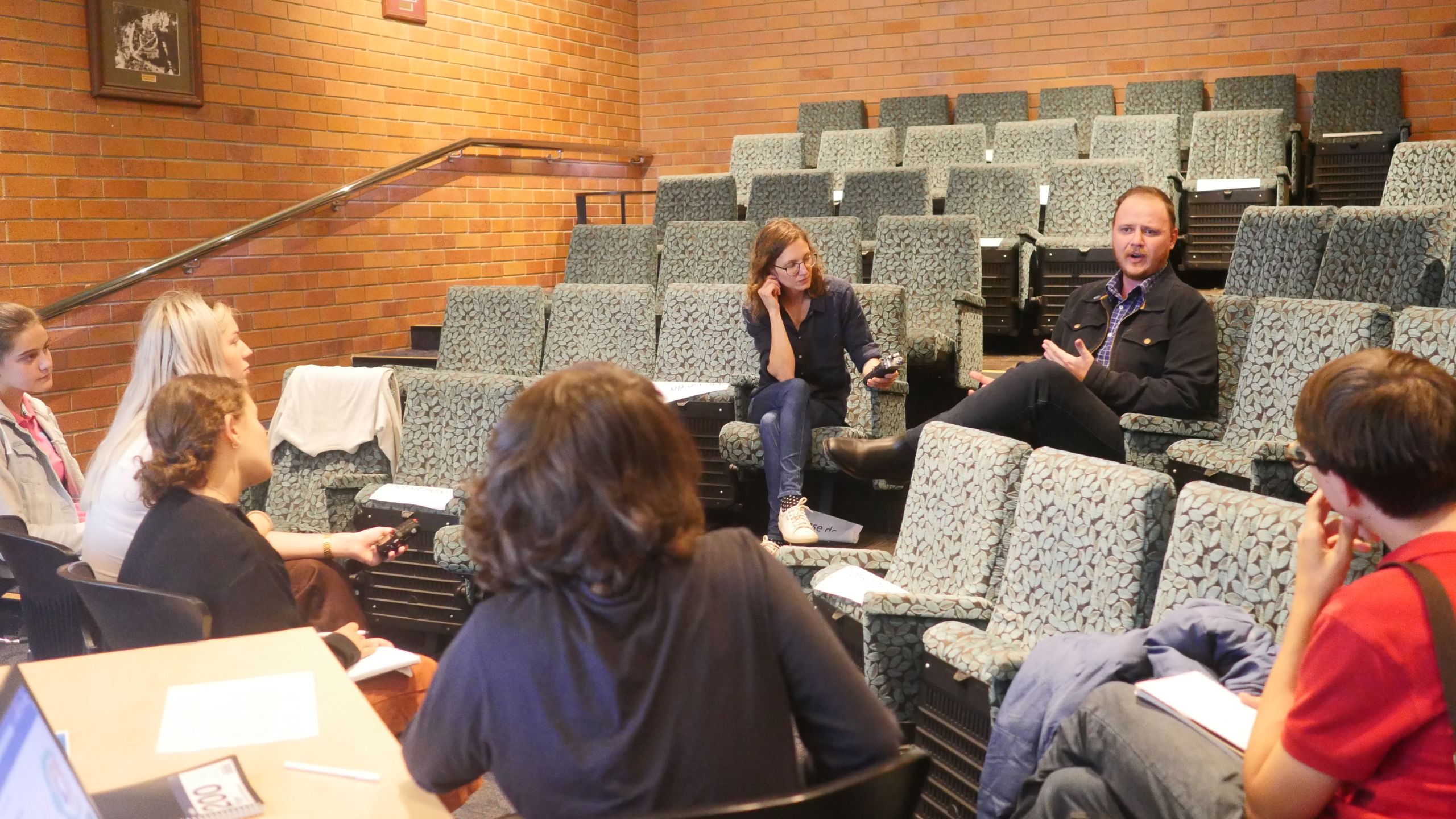
IYAC representative , 16-year-old Taletha Solomon, said she believed society as a whole isn't open enough when it comes to talking about mental health issues.
"It could be embarrassing for some people because [they might think] their problem [is] really small," she said.
"They’re having fights with their friends and someone might be getting abused at home and they'll compare their issue to that person's issue and go 'it’s not important, it’s not a big deal'."
She said she would like to see more support and education for youth transitioning into independent adulthood.
“Going into adult life is another big one that will affect them negatively, because they’re going into adulthood knowing absolutely nothing.
"And that can lead to depression, it can lead to anxiety, because they’re going in completely blindsided.”
The Deadline Project was a local journalism and media literacy workshop run in Ipswich, Queensland in April 2021. For more information please visit https://www.deadlineproject.org/
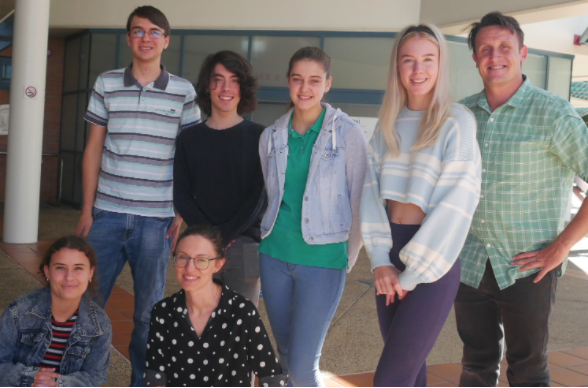
L-R (back): Workshop participants Timothy Prochon, William Hartley, Caitlin Noble-McAteer, Millie Sheridan, Baz Ruddick - facilitator. L-R front: Jessica Andrews, Catherine Bennett - facilitator.
L-R (back): Workshop participants Timothy Prochon, William Hartley, Caitlin Noble-McAteer, Millie Sheridan, Baz Ruddick - facilitator. L-R front: Jessica Andrews, Catherine Bennett - facilitator.
